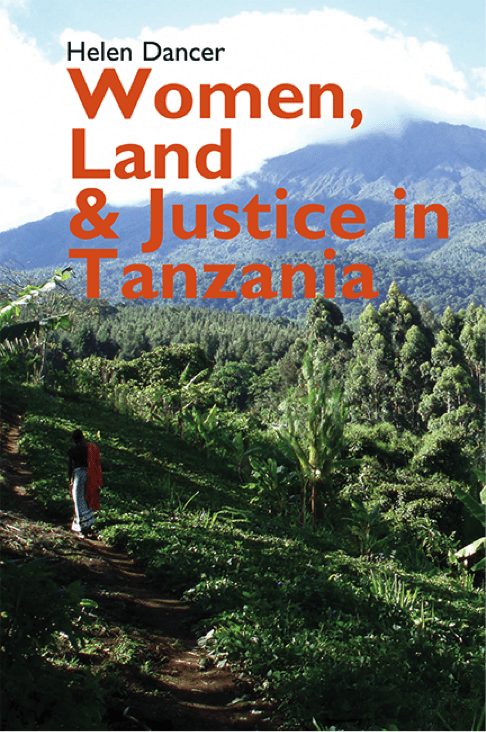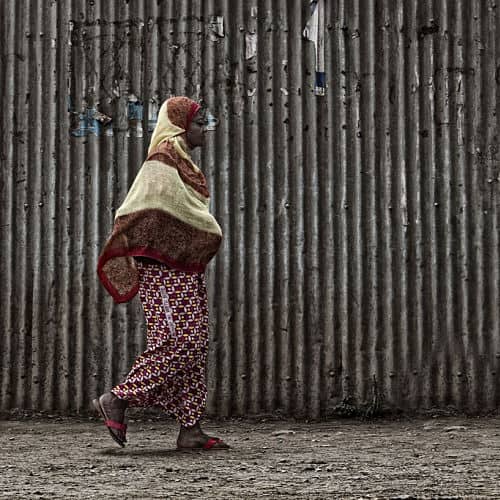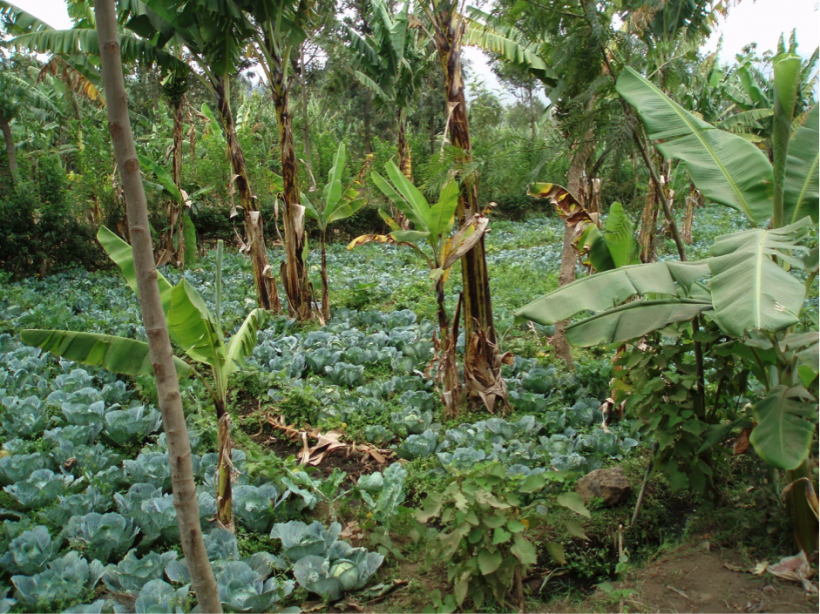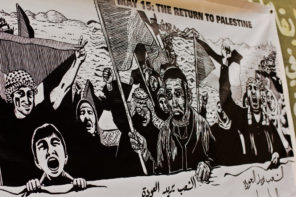
the rights-based approach is too narrow a conceptual lens through which to ground an understanding of the issues surrounding women, land and access to justice in practice.
I decided to turn my research methodology on its head, making people and women’s claims to land, rather than legal and human rights principles, the starting point and touchstone, both during my fieldwork and in the writing and recommendations.
Women, Land and Justice in Tanzania is a book about journeys for justice. It is based on a year’s ethnographic fieldwork researching women’s claims to land in practice. The book traces the progression of women’s legal claims to land in Tanzania from the home, through social and legal processes of dispute resolution to judgment. It considers the extent to which women are realising their interests in land through land courts, the obstacles and pathways to justice that they face along the way, and the role of social, legal and political actors in processes of justice. It is also a book about life cycles and land. In Tanzania, as in many other African countries, gendered and intergenerational social relations are the foundation of customary land tenure systems for men and women. Many legal claims to land are the result of life changes, whether following relationship breakdown, or the death of a husband or father. In circumstances of tenure insecurity and pressure on land generally, life events can provide a catalyst for disputes and claims to land. It is often women who are in a particularly vulnerable social position who face the greatest risk of losing their land, or having a legal claim to land brought against them.
The question is then raised: To what extent are women securing justice in their legal claims to land in practice? Tanzania’s Land Acts of 1999 include some of the most gender-progressive land rights provisions in Africa. They enshrine the equal rights of men and women to acquire, hold, use and deal with land.[iii] Yet the letter of the law is only part of the picture of how legal systems operate in practice. As became evident during the course of my fieldwork, the interactions and power relations between social, legal and political actors both inside and outside the walls of the courtroom are a critical issue for access to justice and the progression of women’s claims. This is a well-established theme in legal anthropology, where processes of disputing are studied across multiple legal, political and social sites, as encapsulated in Moore’s classic concept of the ‘semi-autonomous social field’.[iv] However, generally speaking, this is unfamiliar territory for practising lawyers and judges who are embedded within the legal system itself.
The positivist disciplinary tradition of law does not require lawyers to think much about the social dynamics of a legal dispute or the impact of their social position on the process of justice, or that of other actors involved in the dispute. However, my year of research in African courts gave me the distance from my own practice back in England and the comparative perspective to reflect on the dynamics of disputing in African and English courts.
It changed the way that I understood legal disputes and the role of a lawyer.
Legal anthropological approaches shed light on the realities of the whole process of justice. Social power relations between the various actors, their internal values and wider social norms are illuminated as critical factors. After following the journeys of women’s claims, I was driven to conclude that ultimately legal claims are shaped and determined by social power relations. As a practising lawyer, this was one of the most important lessons I learned from my research, and something that I hope other legal practitioners and NGO activists will also gain from the book.
In the context of the law in action lawyers and judges have a key role to play in the realisation of women’s land rights and access to justice. As powerful actors in legal disputes they have the capacity to challenge and rebalance power dynamics through processes of negotiation, mediation and litigation. In both African and English legal systems considerable importance is placed on the desirability of peaceful settlement of disputes. Yet in situations of unequal power between litigants, ‘harmony ideology’, as Laura Nader[v] has characterised it, risks undermining the claims of the most vulnerable party.
An important lesson for legal professionals from legal anthropology is to be mindful of the power relations underlying a dispute, both inside and outside the walls of the courtroom.
Equally, if courts are to do substantive justice, then lawyers and adjudicators must ensure that the social context, values and perspectives that underpin peoples’ legal claims are properly heard and understood. Seen in this light, the primary responsibility of a judge or a lawyer is not simply adjudicator or advocate, but facilitator of access to justice.
A special offer discount of 25% is available on the hardback edition of the book Women, Land and Justice in Tanzania (James Currey, 2015) until 31st December 2015 (offer price £33.75/$60 + p&p). Visit the publisher’s website www.jamescurrey.com and quote 15828 when ordering.
References cited
[i] Cornwall, A. and C. Nyamu-Musembi (2004). ‘Putting the “Rights-Based Approach” to Development into Perspective’, Third World Quarterly 25(8): 1415-1437. [ii] Kapur, R. (2000). ‘The Tragedy of Victimisation Rhetoric: Resurrecting the “Native” Subject in International/Post-Colonial Feminist Legal Politics’, Harvard Human Rights Journal, 15 (Spring 2002). [iii] Land Act No. 4 of 1999 and Village Land Act No. 5 of 1999, section 3 (2). [iv] Moore, S.F. (1973). ‘Law and Social Change: The Semi-Autonomous Social Field as an Appropriate Subject of Study’, Law and Society Review, 7(4): 719-46. [v] Nader, L. (1993). ‘Controlling Processes in the Practice of Law: Hierarchy and Pacification in the Movement to Re-form Dispute Ideology’, The Ohio State Journal on Dispute Resolution 9: 1-25.—————–
Featured Image by N. Feans (flickr, CC BY 2.0)











